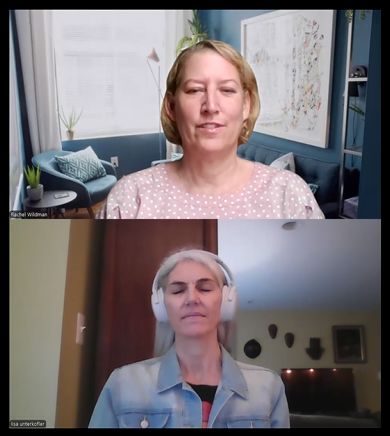Hypnotherapy FAQs
1. What is hypnotherapy?
Hypnotherapy is a therapeutic technique that uses relaxation, focused attention, and guided suggestions to help you access your subconscious mind. It is not about being “out of control” or “asleep”. You remain aware and in charge the whole time. Hypnotherapy can help you shift unhelpful patterns, release limiting beliefs, and create positive change in your life.
2. Will I lose control during hypnosis?
No, you are always in control. Hypnosis is a natural state of focused awareness, similar to being deeply relaxed or absorbed in a book or movie. You cannot be made to do anything against your will. You can choose to come out of hypnosis at any time. However, you will gain the most benefits if you approach hypnotherapy with a positive, open mind, and a willingness to be hypnotized.
3. What issues can hypnotherapy help with?
Hypnotherapy can be used to address a wide range of challenges, including:
Stress and anxiety
Confidence and self-esteem
Habits (e.g., smoking, nail biting)
Sleep difficulties
Phobias and fears
Motivation and performance
Emotional healing and past experiences
Chronic pain
It can also support personal growth, decision-making, and aligning with your values.
4. What does a typical session look like?
Each session begins with a conversation about your goals, what you’d like to work on, and what negative patterns you’d like to break. You’ll then be guided into a relaxed state of hypnosis, where we work together using suggestions, imagery, or Neuro-Linguistic Programming (NLP)-based techniques to create the changes you’re looking for. You’ll awaken from hypnosis refreshed, aware, and often lighter emotionally. Afterwards, we’ll reflect on the experience and discuss how to reinforce the changes you’ve already started making.
5. How many sessions will I need?
The number of sessions depends on your goals and the issue you’d like to work on. Usually, we can create substantial results within 1 to 4 sessions. Together, we’ll create a personalized plan to ensure the best outcome for your specific needs.
6. Is hypnosis safe?
Yes, hypnosis is a safe and natural state of mind that we all experience daily. For example, when daydreaming, getting lost in a good book, or driving on “autopilot.” Hypnotherapy simply uses this state intentionally for therapeutic purposes.
7. Can anyone be hypnotized?
Most people can be hypnotized if they are open to the process and willing to participate. It’s a cooperative experience to help you achieve your goals, not something that is “done to you.” I haven’t had a client yet that I haven’t been able to hypnotize.
8. Will I remember what happens during hypnosis?
Yes, most clients remember everything that happens. You may feel deeply relaxed, and sometimes people describe the experience as dreamlike, but you won’t “black out” or lose awareness.
9. What’s the difference between hypnosis and stage hypnosis?
Stage hypnosis is entertainment. Participants willingly volunteer to entertain others. Hypnotherapy is a professional, clinical therapeutic practice, much like a doctor’s visit, that helps you make meaningful changes in your life. The two are very different experiences.
10. Will hypnotherapy work for me?
Hypnotherapy is a collaborative process, and its effectiveness depends on your willingness and readiness for change. If you are open-minded, motivated to change, and willing to follow the process, hypnotherapy can be a powerful tool for creating lasting results. Everyone experiences hypnosis differently, but most people find it deeply relaxing and surprisingly effective in helping them shift habits, beliefs, or emotional patterns.
If you have any other questions or concerns, please contact me at coachrachelwildman@gmail.com.



